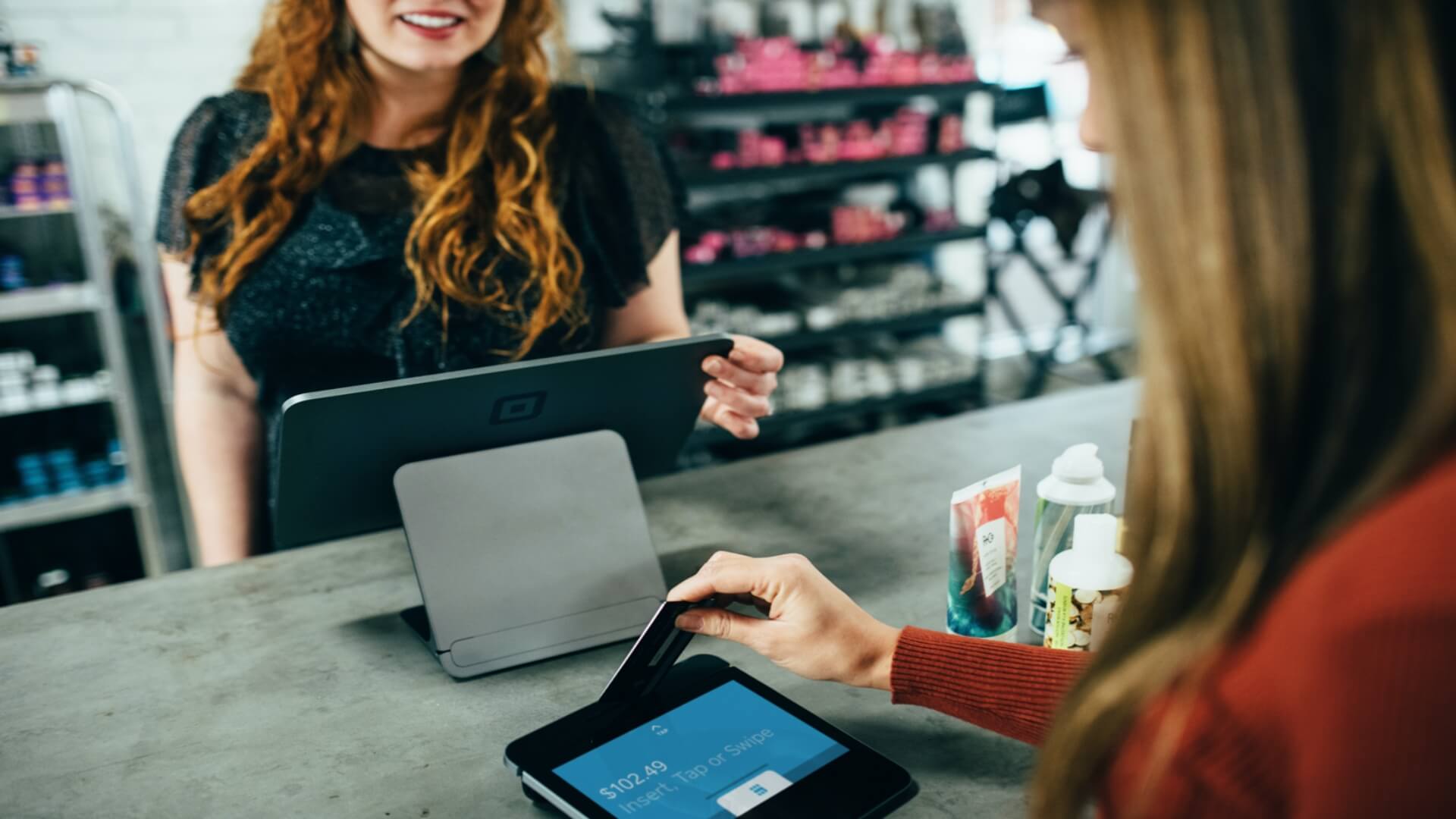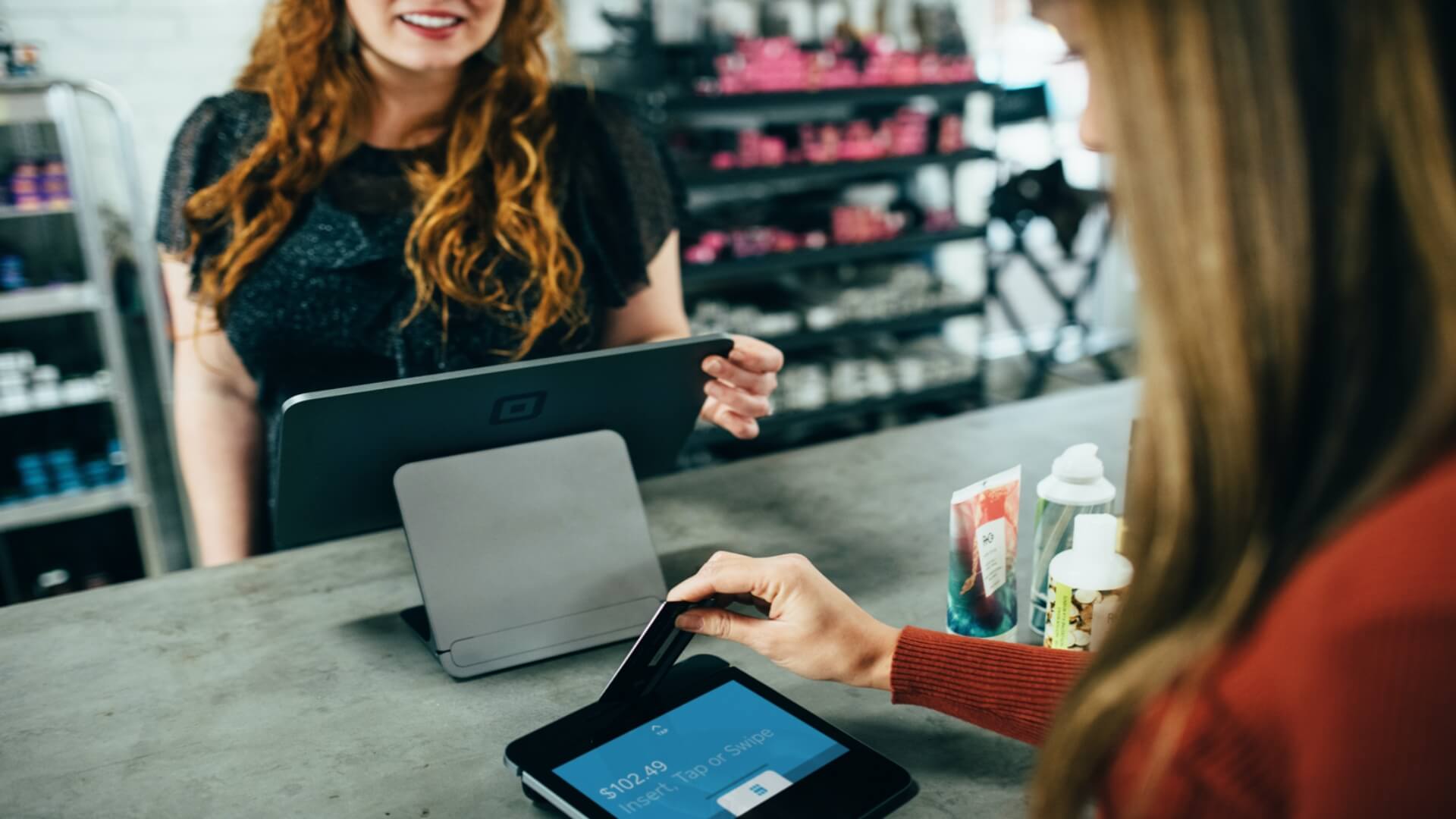
In today’s fast-moving business world, it’s crucial to have a reliable, secure, and flexible financial tool. A business debit card fits this bill perfectly. It works like a regular debit card but caters specifically to business owners and entrepreneurs.
In this article, we’ll explain the advantages of using a business debit card, guide you through the application process, compare the best options out there, and offer tips for making the most of your card for your small business.
How to Get a Business Debit Card: Your Step-by-Step Guide
Getting a business debit card is simple. Just follow these steps:
- Choose your bank: Research various banks and compare their business account offerings, including debit card features.
- Prepare your business information: Get all your business details ready, like your legal name, business address, tax identification number, and ownership information.
- Gather necessary documents: Have your business registration papers, identification documents of authorized signatories, and any other required paperwork ready.
- Apply online or in-person: You can apply online through the bank’s website or visit a local branch to apply in-person. Online applications are often faster.
- Review the terms: Read the terms and conditions of the business debit card carefully to understand the fees, transaction limits, and other important policies.
- Wait for approval: Once you’ve submitted your application, the bank will review it, and if approved, they’ll issue your business debit card.
Comparing the Best Business Debit Cards Available
With so many options out there, finding the right business debit card can be tricky. Consider these factors when comparing different cards:
Fees: Look for a card with low fees, including transaction fees, monthly maintenance fees, and ATM fees.
Rewards and benefits: Some business debit cards offer cashback rewards or incentives for business expenses. Choose the one that suits your spending habits.
Mobile banking features: Opt for a business debit card that works well with mobile banking apps. This makes it easy to monitor transactions and manage expenses on the go.
Spending limits: Check the daily spending limits and transaction restrictions to make sure they meet your business’s financial needs.
Security features: Ensure the card comes with robust security features, like fraud protection and the ability to freeze the card if it’s lost or stolen.
Choosing the Ideal Debit Card for Your Small Business
After comparing various cards, you might find a few top picks that stand out. Here are some great choices for the best business debit cards:
– XYZ Bank Business Debit Card: This card has low monthly fees, generous cashback rewards on office supplies and utilities, and excellent security features.
– ABC Financial Business Debit Card: Perfect for small businesses, this card has no monthly fees, a user-friendly mobile app, and dedicated customer support for business accounts.
– DEF Corporate Debit Card: Designed for larger enterprises, this card offers high spending limits, customizable spending controls for employees, and robust expense tracking tools.
Exploring Business Bank Accounts with Debit Card Options
A business bank account with a debit card combines the benefits of regular banking services with the convenience of card transactions. These accounts often have higher transaction limits, additional features for businesses, and make it easier to manage your company’s finances. A business account helps keep personal and business finances separate, making accounting and tax reporting simpler. Furthermore, most business accounts offer access to other essential financial services, like business loans and lines of credit.
Opening a Business Bank Account with a Debit Card
To open a business bank account with a debit card, follow these steps:
- Choose the right bank: Research different banks and compare their business account offerings, including debit card features.
- Prepare necessary documents: Get all required business documents, identification papers, and any other information requested by the bank.
- Fill out the application: Complete the business account application with accurate details about your company and its ownership.
- Meet minimum requirements: Some banks may require a minimum deposit or balance to open a business account. Make sure you meet these criteria.
- Review terms and conditions: Carefully read through the terms and conditions of the business account and its associated debit card to avoid surprises later on.
- Complete the application process: Submit the application, and once approved, the bank will provide you with the business debit card and other account details.
Tips for Making the Most of Your Business Debit Card
Now that you have a business debit card, here are some tips to get the most out of it:
Keep track of expenses: Regularly monitor your transactions to track cash flow and quickly catch any errors.
Set spending limits for employees: If your business account allows it, establish spending limits for employees using additional cards. This helps control expenses and prevents misuse.
Use rewards wisely: If your card offers cashback rewards or incentives, consider reinvesting them into the business to support growth.
Embrace mobile banking features: Take advantage of mobile banking to easily manage your finances while you’re on the move.
Review your statements: Regularly check your bank statements to ensure accuracy and find areas where you can cut costs.
Safeguarding Your Business Finances: Security Measures for Debit Cards
Security is paramount when it comes to your business finances. Protect your business debit card and accounts with these measures:
Enable transaction alerts: Set up real-time transaction alerts to receive notifications for every purchase or withdrawal made with the card.
Use two-factor authentication: If available, enable two-factor authentication for added security when accessing your online banking portal.
Keep the card safe: Treat your business debit card like cash and store it securely. Avoid sharing card details or PINs with unauthorized individuals.
Regularly change PINs and passwords: Change your card’s PIN and online banking passwords regularly to reduce the risk of unauthorized access.
Report lost or stolen cards immediately: If your card is lost or stolen, notify the bank immediately to freeze the account and prevent fraudulent transactions.
Managing Business Expenses with Your Debit Card
A business debit card simplifies expense management, as transactions are automatically recorded in your bank account. This gives you a clear overview of your spending, making it easier to create budgets and identify areas where you can cut costs. Additionally, many banks offer expense categorization features, allowing you to organize your transactions into specific expense categories.
Future of Business Banking: Trends in Business Debit Card Services
The future of business banking and debit card services is continually evolving to meet the needs of modern businesses. Some of the emerging trends include:
Enhanced security measures: With the increasing risk of cyber threats, banks will likely invest more in advanced security features to protect business accounts and debit cards.
Integration with accounting software: Expect to see more seamless integration between business debit cards and popular accounting software, streamlining expense tracking and financial reporting.
Contactless and digital payment solutions: As contactless payment methods gain popularity, expect more businesses to adopt digital wallets and NFC-enabled debit cards for faster and more convenient transactions.
Personalised spending insights: Banks may offer personalised spending insights and recommendations to help businesses make informed financial decisions and optimise their expenses.
To wrap up, business debit card can be a valuable tool for managing and streamlining your small business finances. By choosing the right card, understanding its benefits, and implementing effective financial practices, you can leverage the convenience and security of a business debit card to take your business to new heights of success. Remember to prioritise security, maximise rewards, and embrace the future trends in business banking to stay ahead in today’s competitive marketplace.





















